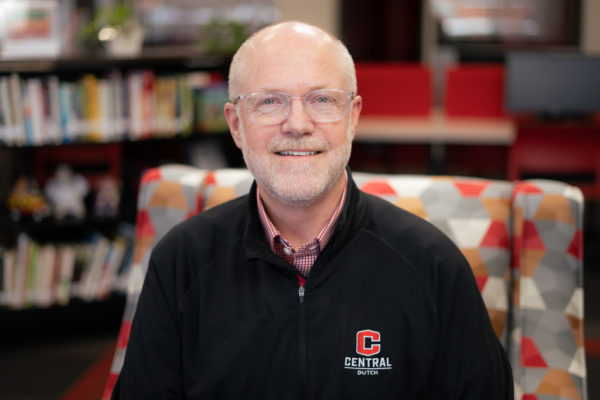
Too often we are bound by the expectations of others.
This is especially true for students completing high school and entering college. The patterns of life are well established by the time we reach late adolescence, informed by family, friends, communities and schools. I remind students when they arrive at Central College that to this point in their lives, much of their experience has been organized for them. The journey of learning through the four critical years of college is a gradual transition from dependence to independence, from compliance to creativity and from task to opportunity.
It’s remarkable to see students become the authors of their futures as their own ideas reaffirm or reinterpret the voices of past narrators. Resetting expectations is an important part of the educational journey.
On a much broader scale, the societal expectations placed upon students also have evolved. For some, those boundaries were and are manifested in a lack of opportunity. Cultural messages may attempt to dictate what is suitable and what is not for specific individuals or groups. Defined roles can be ingrained in our minds and reinforced by societal norms.
While significant gains have been made across decades, we remain aware of our shortcomings when we do not see talent and opportunity in every individual. Our categories of thought and routines of practice are sometimes rigid and recalcitrant. Yet we find continued hope in the courage of individuals who decide that historic boundaries simply do not apply to them. Rooted in courage, each generation has steadily built on the achievements of forebears to advance opportunity for all.
I deeply enjoy conversations with alumni, particularly those from older generations, who reflect on an unexpected journey. Some have broken through barriers — both personal and professional — realizing impressive accomplishments, often exceeding the expectations they had for themselves or those imposed by others. Breaking through the limits of expectation is a process of self-discovery and rediscovery that draws on facile learning skills developed with the support of mentors. Others speak of unanticipated twists in the road or dead ends that revealed a new pathway. While different than their original expectations, the journey proved to be rewarding as resiliency gave rise to a fresh set of opportunities.
As educators, our role is to open the minds of students to possibility. They do not lack ambition, but they do need a broadening of perspective. We press them to look beyond what they know or what they think they know to encounter what they do not know.
This is an uncomfortable place.
It’s the place where learning thrives.
It’s the place where expectations are tested.
It’s the place where opportunity lives.












To encourage serious, intellectual discourse on Civitas, please include your first and last name when commenting. Anonymous comments will be removed.
Comments are closed.